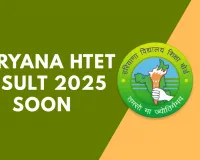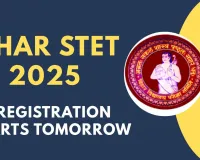AIIMS launches ‘Never Alone’ AI-based app to combat student suicides and bolster mental health
Digital Desk
.jpg)
In a landmark move on World Suicide Prevention Day, AIIMS Delhi unveiled “Never Alone”, an AI-driven mental health application aimed at curbing suicidal tendencies and reducing stigma among college and university students.
Accessible 24/7 via WhatsApp or QR code, the platform offers personalised screening, immediate intervention, and post-intervention follow-up under the guidance of mental health professionals.
Developed by AIIMS Delhi’s Department of Psychiatry, led by Dr Nand Kumar, the web-based app employs clinical parameters from the Diagnostic and Statistical Manual of Mental Disorders (DSM) to assess risk factors. Within minutes, students receive a half-page summary report of their symptoms and, with consent, are connected to qualified counsellors or psychiatrists for virtual or in-person consultations.
The programme launched simultaneously at AIIMS Delhi, AIIMS Bhubaneswar, and the Institute of Human Behaviour and Allied Sciences (IHBAS), Shahdara, with plans to extend free access to all AIIMS institutions through the Global Centre of Integrative Health—a non-profit initiative mentored by Dr Deepak Chopra. Private colleges and universities can subscribe at a nominal rate of just Rs.0.70 per student per day, making it an affordable addition to campus health services.
The urgency of this initiative is underscored by India’s alarming suicide statistics: 1,70,924 deaths recorded in 2022—the highest in over five decades—with young adults aged 18–30 accounting for 35 percent of these suicides and those aged 30–45 comprising 32 percent. Globally, one individual dies by suicide every 45 seconds, and 73 percent of these occur in low- and middle-income countries, according to WHO data cited by AIIMS experts.
Dr Kumar emphasised that 70–80 percent of those with mental health issues do not seek treatment, often due to stigma and unawareness, even when professionals are available in medical colleges. “Never Alone bridges this gap by making help immediate, private, and stigma-free,” he said, calling for a public health approach that combines technology with increased training for mental health practitioners.

.jpg)


.png)
9.png)
.jpg)
.jpg)
.jpg)
1.png)

